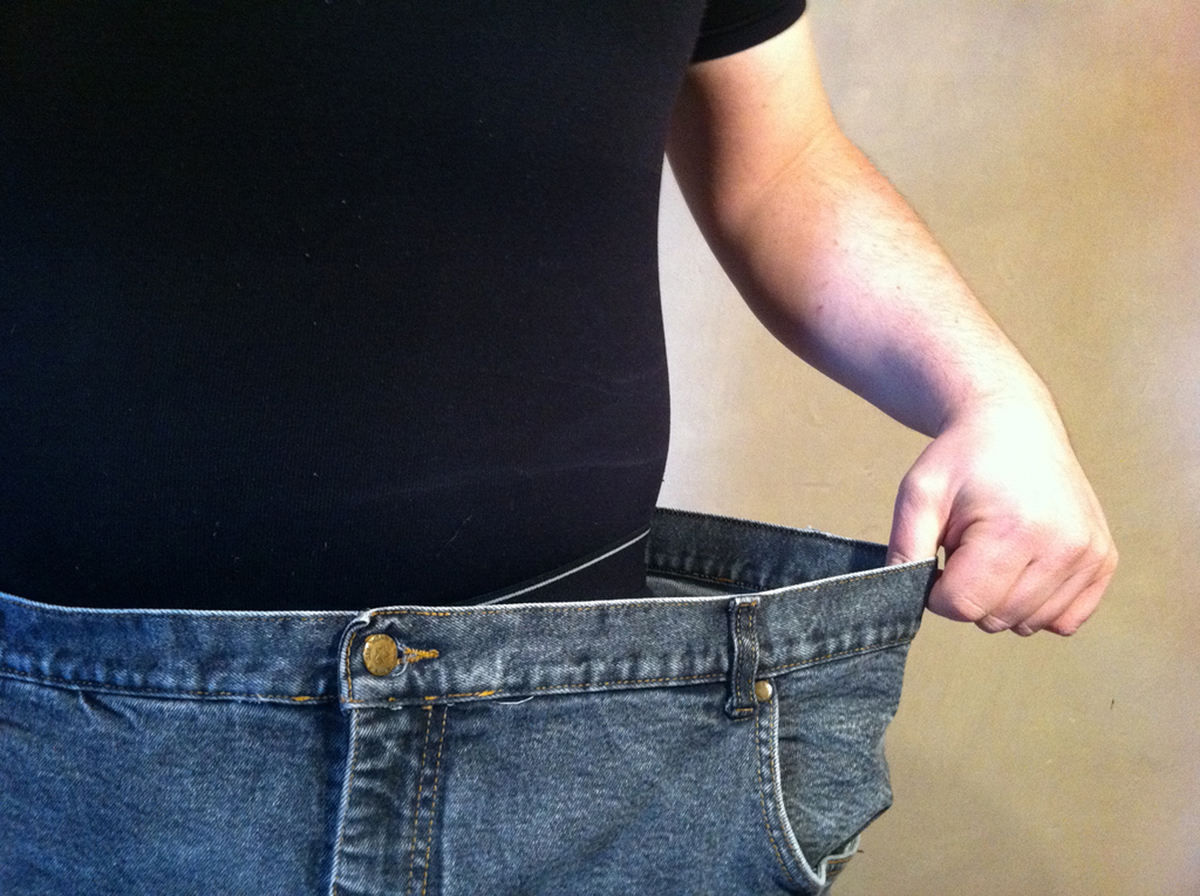Table of Contents
Can obesity offer protection from death when a person suffers a heart attack? Some experts do not believe that having excess body fat prevents a morbid outcome in patients with heart disease, or that obesity itself offers protection against dying during a cardiac event.

One study involving almost 48,000 patients who have had heart surgery found that those who have a greater lean body mass have a lower risk of death from a cardiac event. The study, which was led by Dr. Carl Lavie of the John Ochsner Heart and Vascular Institute, estimated both the lean mass percentage (which consists of the bone, muscle, and organs) and body fat percentage of each patient and compared their disease outcomes. The study concluded that it is the lean body mass, and not the fat that may be protecting patients during a cardiovascular event.
Dr Jonathan Myers, another research scientist and clinical professor at the Stanford University School of Medicine also believes that instead of measuring BMI alone, scientists must also consider visceral fat and abdominal girth (waist circumference), which are associated with high metabolic risk and are a better predictor of disease. Like other investigators who have done extensive research, Myers also says that a person’s physical fitness level must be considered, since the obesity paradox is not often seen among individuals who are physically fit.
He therefore believes that there is no sense for people to pack on pounds to achieve the paradox effect of obesity.
Fat But Fit?
Some people believe that one can be fat but fit, but a large study published in the Journal of the American College of Cardiology shows otherwise. The study, which followed more than 2,500 British government workers for 20 years, found that participants who were obese but apparently healthy at the start of the study were eight times more likely to become unhealthy after two decades compared to non-obese participants. This was shown clinically by parameters such as high cholesterol, high triglyceride, high blood pressure, high blood sugar, and insulin resistance. These are all risk factors involved in the development of metabolic disorders and chronic diseases such as heart disease, diabetes and stroke. On the other hand, those who lost weight at the end of the study period were more likely to be healthier than those who did not shed pounds.
See Also: Are Weight Loss Products Beneficial?
The long-running Whitehall II study suggests that although an obese person can start out being fit while young, gaining more weight or remaining obese as one grows older can eventually lead to lack of health. Experts would therefore advise 'healthy obese' people to focus on having a healthy lifestyle, to look for ways to adopt better eating habits and to become more physically active.
- HuffingtonPost. When Being Obese Could Save Your Life. http://www.huffingtonpost.com/2014/07/17/obesity-paradox_n_5592606.html Medpage Today. 'Obesity Paradox' Apparent in Heart Failure. http://www.medpagetoday.com/Endocrinology/Obesity/49268 Medpage Today. 'Fat but Fit' Only Temporary.www.medpagetoday.com/Cardiology/Prevention/49395?Photo courtesy of Emilio Labrador via Flickr: www.flickr.com/photos/3059349393/3802953926
- Photo courtesy of potamos.photography via Flickr: www.flickr.com/photos/riverofgod/5385516173
- www.medpagetoday.com
- www.huffingtonpost.com


Your thoughts on this